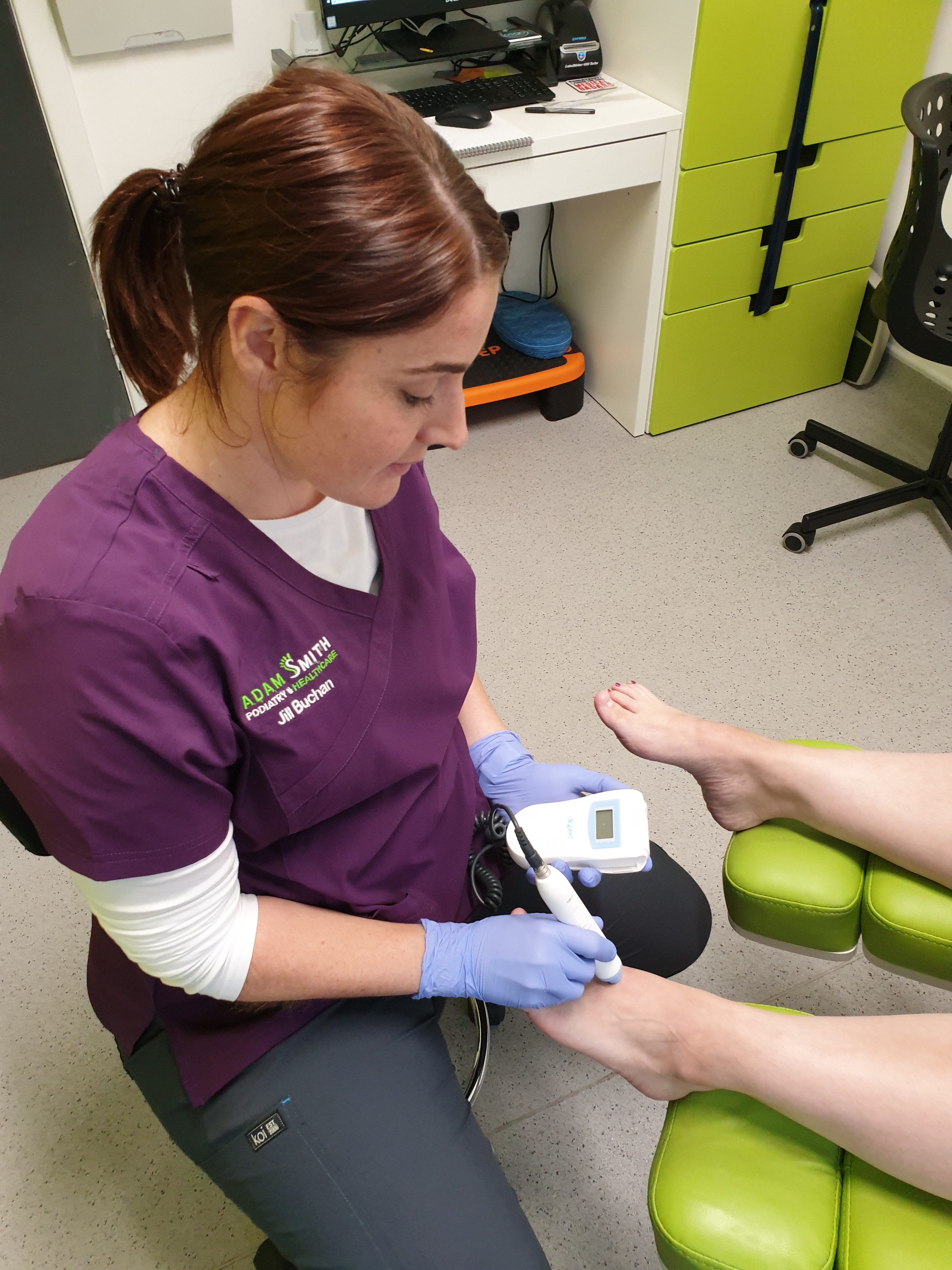Your health and recovery is our passion
If you are experiencing pain, having an issue and are looking for help, get in touch. The links below will put you in contact with our team,
or book an online appointment, its quick and easy, and we will get you started feeling more like yourself.
VISIT US
7 Salt Preston Place, Prestonpans, East Lothian, Scotland, EH32 9SQ
Book
Here
Book
Here
 Progression
of Diabetes in Scotland over the last decade - Scottish Diabetes Survey
Progression
of Diabetes in Scotland over the last decade - Scottish Diabetes Survey



.png)
